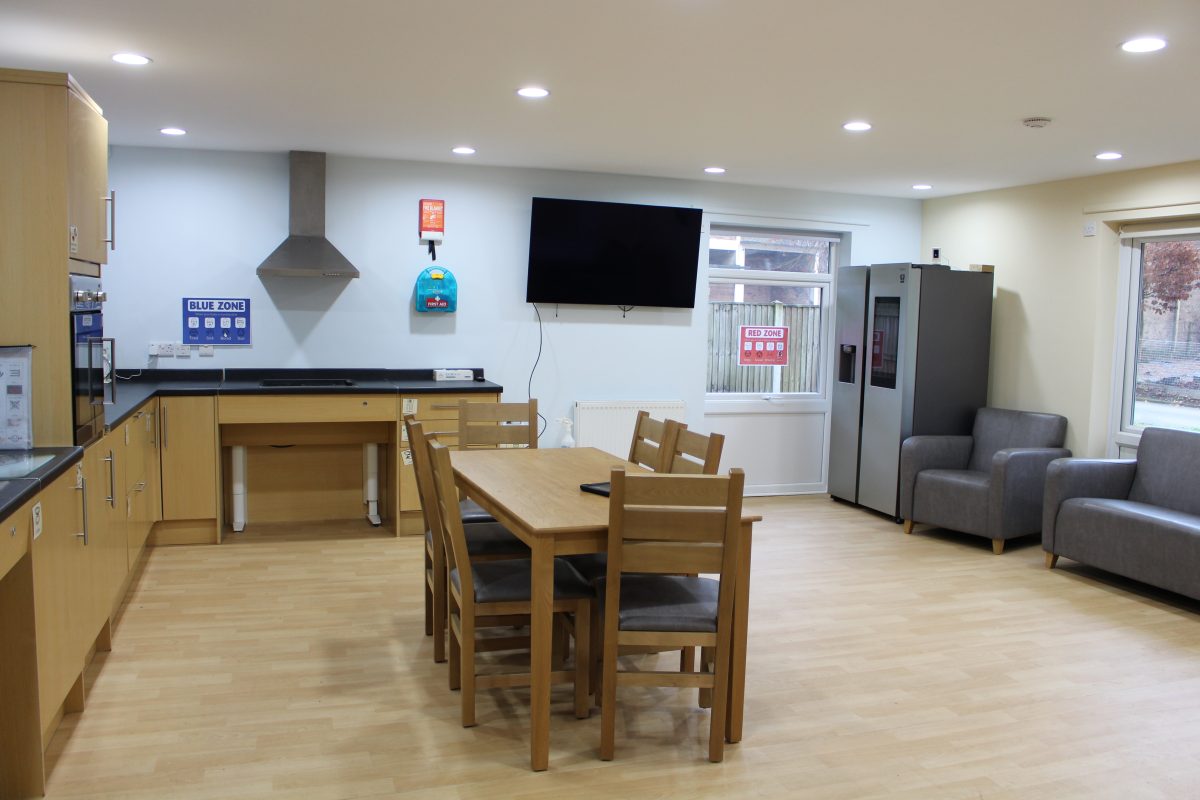Last month saw Natspec’s annual Innovation Award ceremony where Portland was honoured with the Innovative Use of Technology award. Natspec is the membership association for organisations that offer specialist further education and training for students with learning difficulties and/or disabilities aged 16 to 25. The judging panel found that Portland’s work in their Maples SMARTHome Project demonstrated the most innovative use of technology, enhancing learners’ experience of college and was deserving of the trophy.
The Maples SMARTHome project has been developed in-house by a team of cross-departmental staff, whose extensive skills and knowledge supported a true collaborative approach to technology.
Many young people face barriers to independent living after Portland due to the lack of accessible homes. This project aims to remove as many of these barriers as possible through innovative use of technology. The first phase trials voice-activated technology which enables users to make simple adaptations to their own homes so they can live more independently. Key features in phase one of Maples SMARTHome trial have been linked to Alexa and Bixby technology to enable people to control many elements of daily living, increasing their independence.
A whole host of skills are developed through accessing the bungalow on a regular basis. It also supports health and well-being by enabling a tailored experience. For example, learners can ask Alexa for weather advice to ensure they wear appropriate clothing, it can be programmed with reminders about meal and bed times, medication, appointments or even conducting well-being exercises.
Angela Newton-Soanes, Deputy Principal, Portland College; “We’re extremely proud of this award which acknowledges the hard work that has taken place across a number of departments at Portland, who have all been working towards the goal of providing our learners and citizens with an opportunity to develop their independence skills. We’re all looking forward to how this project develops even further in the future.”
There’s much more that can be developed in Maples, and phases 2 and 3 will look more into Visual Impairment and Deaf and Hard of Hearing technology.

